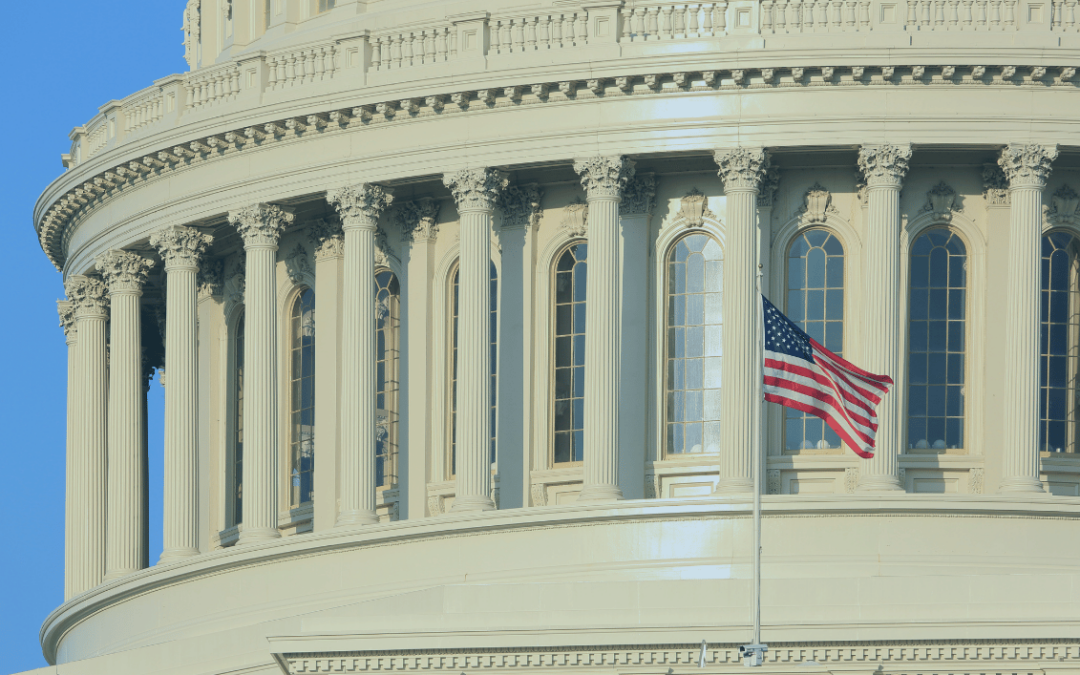A couple of key laboratory legislative issues that were put on hold at the end of 2022 now appear to be making comebacks as they seek new Congressional champions. Check out the news roundup below for the latest developments on VALID, SALSA, and more.
VALID could soon be back
While the Verifying Accurate Leading-edge IVCT Development (VALID) Act was put on the back burner at the end of 2022 after being excluded from the year-end funding package approved by Congress, it now appears the act could soon be revived. VALID, which would have given the FDA oversight of laboratory developed tests (LDTs) by imposing new regulatory requirements for labs that develop and use these tests, is now expected to be reintroduced to the House of Representatives this spring, according to reporting from the National Independent Laboratory Association (NILA). However, the bill is still seeking sponsorship in the Senate.
Additionally, FDA staff have also indicated Congress may try to attach VALID to the Pandemic and All Hazards Preparedness Act, which is set to be renewed this year. Whether this remains a viable path for the act remains to be seen, but it’s clear FDA officials are considering using the federal rulemaking process to gain LDT oversight.
Lighthouse and several other lab advocacy groups opposed VALID in its initial form last year, contending that while its intentions were good, the regulatory framework it would create by granting the FDA oversight of LDTs would prove too burdensome and erect significant barriers for labs providing innovative tests to patients in a timely manner. However, it’s become increasingly clear CLIA regulations are in need of an overhaul, and Lighthouse looks forward to playing a role in helping drive those changes alongside the labs they’ll impact.
SALSA expected to be reintroduced
While labs were granted a significant reprieve after anticipated Clinical Lab Fee Schedule cuts set to take effect in 2023 under PAMA were delayed, that delay, unfortunately, did not include the permanent legislative fix many lab champions were seeking. However, NILA reports the group is actively seeking to revive the Saving Access to Lab Services Act (SALSA), which would aim to create a more sustainable rate-setting methodology than what currently exists under PAMA.
With the retirement of the bill’s previous Republican Senate sponsor, a new champion from that side of the aisle is being sought to ensure SALSA has bipartisan support. SALSA would set caps on annual rate reductions for impacted tests, lengthen the reporting cycle from three to four years, and draw from a more statistically representative sample of the entire clinical lab market, among other changes. Under the existing PAMA structure, the rate reduction caps would soon be lifted.
COVID Public Health Emergency and EUA policies
The Biden Administration announced on Jan. 30 that the COVID-19 Public Health Emergency will expire on May 11, bringing about the end of the emergency declaration that has been in effect since early 2020. Its expiration will end several cost-sharing, telehealth, and other associated waivers put in place to encourage widespread testing.
In a related announcement, The FDA said that COVID Emergency Use Authorization (EUA) policies will remain in effect after the PHE ends. Timothy Stenzel, the Director of the FDA Office of In Vitro Diagnostics and Radiological Health, announced that the FDA has an independent authority to end EUAs under the public health emergency.
No Surprises Act IDR fees increase as process is put on hold
The Centers for Medicare & Medicaid Services (CMS) recently announced that the nonrefundable administrative fee due from each party for participating in the federal independent dispute resolution (IDR) process under the No Surprises Act increased from $50 to $350. This change became effective January 1. The change in the fee amount is an update to prior CMS guidance, which stated the administrative fee for the IDR process would remain $50 in 2023. CMS explained the change was needed due to “supplemental data analysis and increasing expenditures in carrying out the Federal IDR process.”
However, in an unrelated development, the IDR process was thrown into question this week after a federal judge ruled the payment determinations are unlawful and favors insurers. CMS is now instructing certified independent dispute resolution entities to hold all payment determinations under the No Surprises Act until HHS and the Treasury Department issue further guidance.
If you have questions about how your lab or group is being impacted by these developments, don’t hesitate to reach out to us for a free consultation.
